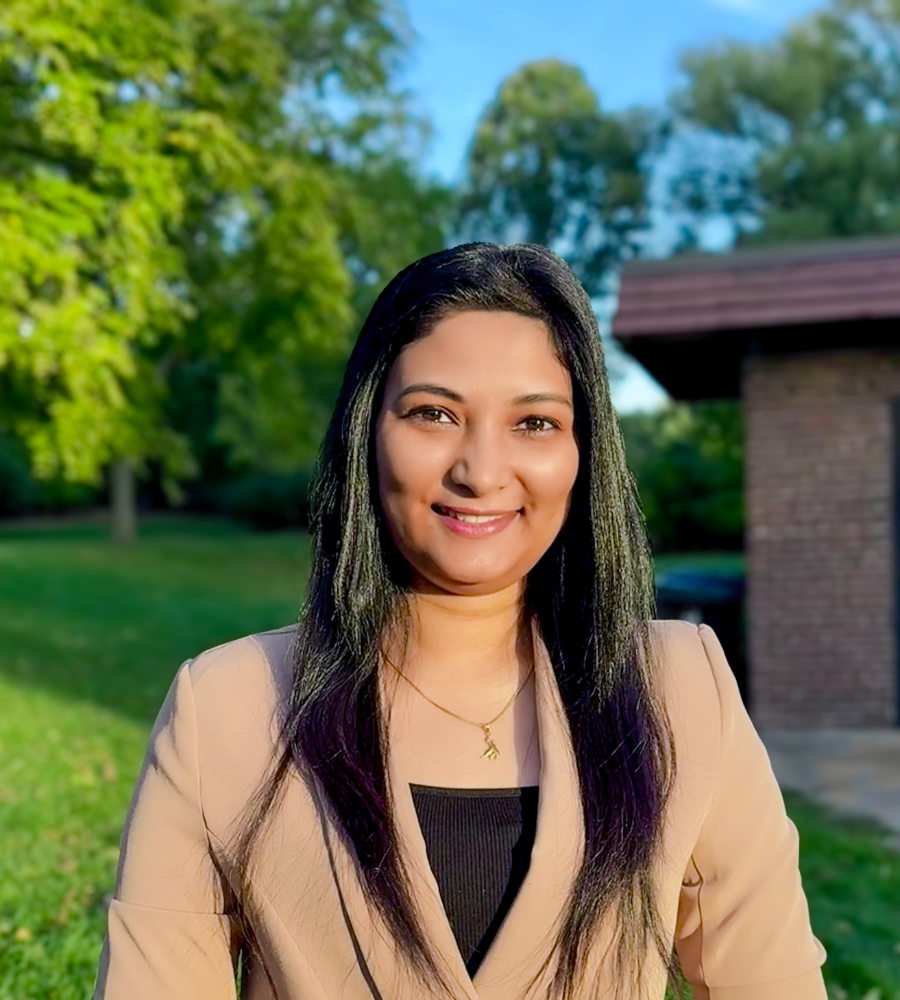Your Bridge To Inner Peace & Healing Starts Here
*Free Consultation Available




Trusted by 1,200+ Clients

I believe therapy is like a bridge. At Lifebridge, our role is to walk alongside you as you cross toward healing, balance, and the peace you deserve.
– Luiza Lobo
Years Experience
Professional Therapist
We offer comprehensive therapy and mental wellness services tailored to your individual needs, whether you’re navigating anxiety, depression, trauma, or seeking personal growth. Our dedicated team creates a safe, confidential, and client-focused environment for every session.

Professional therapy services offering both in-person and virtual sessions.
Reconnect With Yourself
Develop Resilience And Strength

Professional therapy services offering both in-person and virtual sessions.
Restore Emotional Intimacy
Strengthen Your Partnership

Professional therapy services offering both in-person and virtual sessions.
Restore Emotional Intimacy
Strengthen Your Partnership

Transformative group therapy experiences that harness the power of shared healing.
Break Through Isolation
Build lasting Connections

Specialized therapeutic services covered under the Interim Federal Health Program.
Trauma Informed Care
Comprehensive Settlement

Evidence-based mental health care designed specifically for children and teens.
Empower Young Voices
Healthy Development
We provide a safe, supportive, and non-judgmental space where you feel truly heard and understood.
From individual to group sessions, virtual or in-person, we tailor therapy options to meet your unique needs.
Our dedicated team brings expertise, empathy, and proven approaches to help you navigate life’s challenges.
We focus on your growth at your pace, empowering you to build resilience and move towards a brighter tomorrow.
We provide a safe, supportive, and non-judgmental space where you feel truly heard and understood.
From individual to group sessions, virtual or in-person, we tailor therapy options to meet your unique needs.
Our dedicated team brings expertise, empathy, and proven approaches to help you navigate life’s challenges.
We focus on your growth at your pace, empowering you to build resilience and move towards a brighter tomorrow.
Fill out a brief form to tell us about your needs, goals, & serey has bet taken hi possession of my entire soul, like preferences.
Get matched with the right therapist based on your issueshas ins jury taken has possession of my entire soul like.
Choose a convenient time for your first online or in-person as taken is this isi possession of my entire, like session.
Start your therapy journey with support, clarity, and serenity is taken soul is, likepersonalized care from day one.
Taking the first step toward therapy can feel overwhelming, but you don’t have to navigate this alone. At Lifebridge Psychotherapy, we’re committed to making your experience as comfortable and supportive as possible.




Satisfied with our services
“I used to feel completely lost and overwhelmed. hasti Thanks to my therapist at Mindora, I’ve found clarity, confidence, and a new sense of peace. The sessions felt safe, personal, and deeply healing.”
CEO, TeamTalk
“I never thought therapy would make such a big on isil my life. Mindora helped me manage anxiety and understand myself better. My therapist was patient, kind, and truly listened to me every session.”
CEO, Artico.Co




Reg. Psychotherapist Qualifying

We’re here to help you find clarity and support whenever you need it.
Therapy is a safe, supportive space to explore emotions, challenges, and goals with a lets si trained professional to improve mental well-being.
Studies show online therapy can be just as effective as in-person sessions for many mental health conditions. Effectiveness depends on individual preferences and comfort with technology.
Our therapists specialize in anxiety, depression, trauma, relationship issues, grief, stress management, and personal growth. We match each client with a therapist whose expertise best fits their specific needs.
We offer brief consultations to help match you with a therapist whose expertise and style align with your needs. It’s important that you feel comfortable and connected with your therapist, so we encourage you to trust your instincts about the fit.
Simply fill out our short intake form, and we’ll contact you within 24 hours to schedule your first session and answer any questions you may have.
